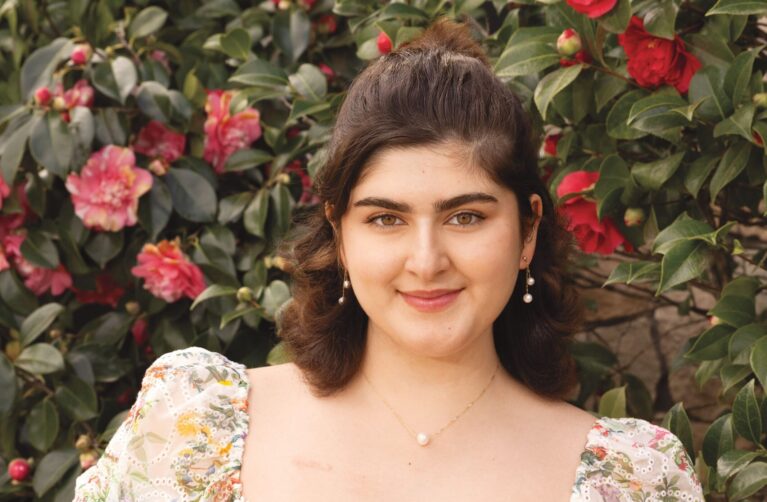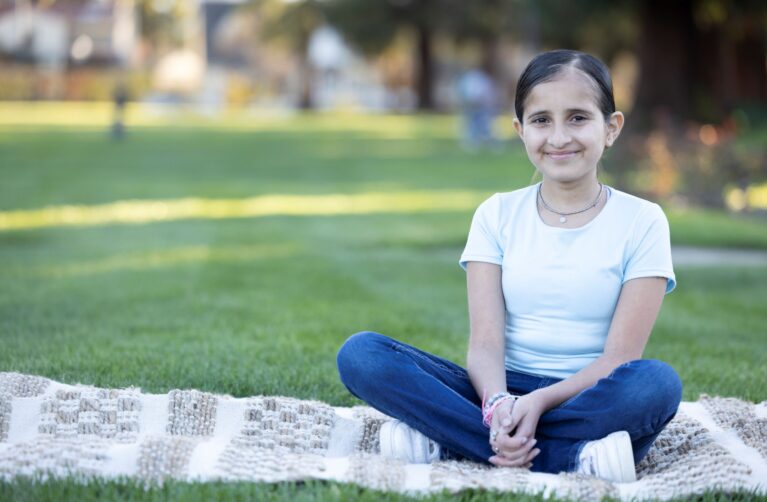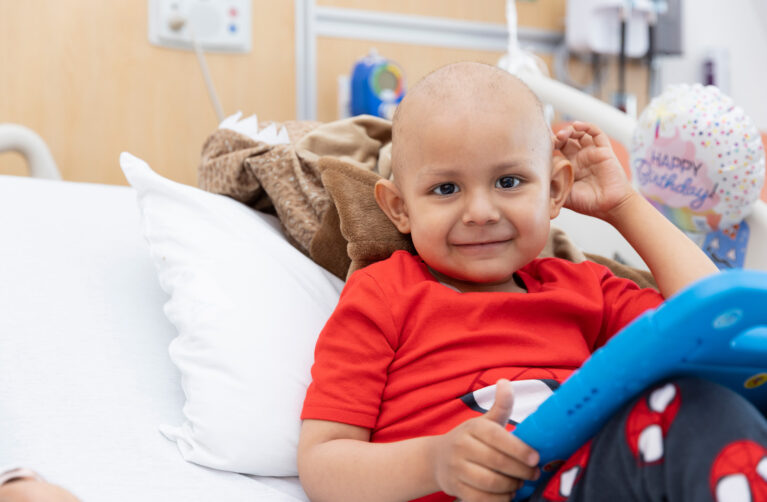Cancer research at Lucile Packard Children’s Hospital Stanford received a push forward thanks to a generous grant from the Hyundai Hope On Wheels Foundation. The $300,000 Hyundai Hope Scholar award will support Agnieszka Czechowicz, MD, PhD, assistant professor of pediatrics (stem cell and transplantation) at Stanford University School of Medicine, and her research to find better treatments and a cure for pediatric cancer. The Hyundai award was presented to Czechowicz in a Virtual Handshake check presentation that took place on Aug. 26 via Zoom.
The Hyundai award qualified for a generous 1:1 matching grant from Tad and Dianne Taube, which will also support Czechowicz’s groundbreaking cancer research.
“Here at Stanford Children’s, we’ve been working hard to develop new ways to prevent and eliminate childhood cancer,” Czechowicz said during the virtual ceremony. “Specifically, my work is focused on eliminating cancer stem cells, which are the most aggressive cells in cancer. And by doing so, we hope to be able to cure more kids safely and consistently, especially kids with leukemia, which is a tough-to-treat blood cancer.”
Hyundai Hope on Wheels has long been a significant supporter of pediatric cancer research at Packard Children’s. The primary funding for Hyundai Hope On Wheels comes from Hyundai Motor America and its more than 830 U.S. dealers. Over the past 16 years, Hyundai Hope On Wheels has donated $3.2 million for pediatric cancer research at our hospital.
Tanja Gruber, MD, PhD, division chief of Hematology, Oncology, and Stem Cell Transplantation and Regenerative Medicine in the Division of Pediatrics at the School of Medicine and director of the Bass Center for Childhood Cancer and Blood Diseases, called the award to Czechowicz and Hyundai’s ongoing support “really phenomenal and so much appreciated.”
September is National Childhood Cancer Awareness Month. Thanks to support from Hyundai, Tad and Dianne Taube, and donors like you, we hope to provide safer treatments to more kids who need them and one day cure 100 percent of childhood cancer.





